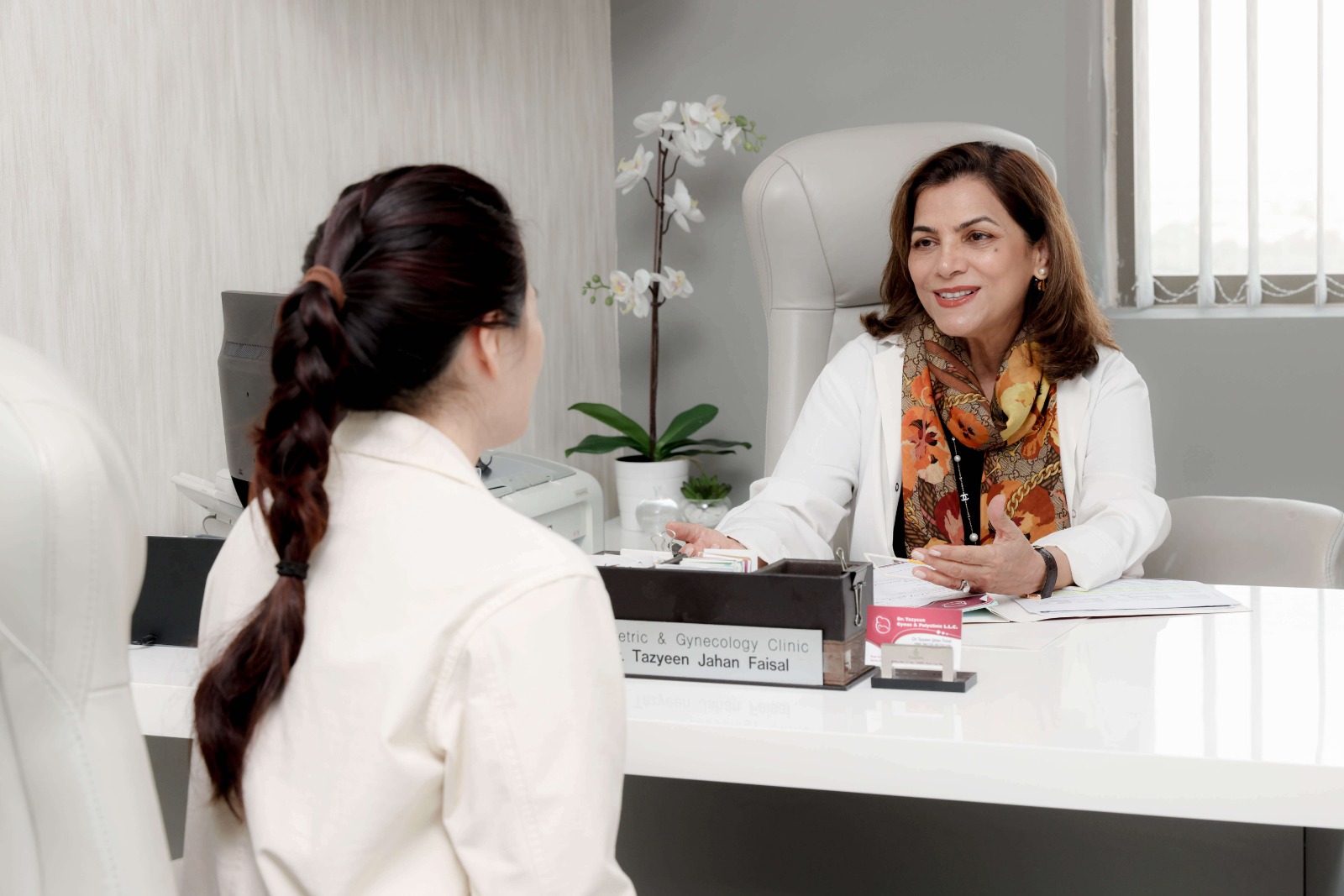
Preparing for your first gynaecology clinic in Motor City appointment involves gathering essential items and information to ensure a smooth and productive visit. Here’s a checklist of items to bring with you to your first gynaecology appointment:
Identification and insurance information:
Bring a valid photo ID, such as a driver’s license or passport, to verify your identity at check-in. Additionally, bring your health insurance card or information, including policy number, group number, and contact information for your insurance provider. Providing accurate insurance information ensures that your healthcare services are properly billed and covered by your insurance plan.
Medical history and records:
Compile an inclusive medical history, including any past gynaecological issues, surgeries, pregnancies, childbirths, contraceptive use, and family medical history. Write down the dates of your last menstrual period, previous Pap smears or gynaecological screenings, and any current medications or supplements you’re taking. Bringing your medical records, including test results, imaging reports, and relevant medical documents, helps your gynecologist understand your health history and tailor recommendations to your individual needs.
List of questions and concerns:
Prepare a list of questions, concerns, and topics you’d like to discuss with your gynecologist during your appointment. This may include inquiries about contraception, menstrual health, sexual health, fertility, menopause, or any gynaecological symptoms or changes you’ve noticed. Writing down your questions ensures that you address all relevant topics and make the most of your time with your healthcare provider.
Comfortable clothing and personal items:
Wear comfortable clothing that allows easy access for a physical examination, such as loose-fitting pants or a skirt. Avoid wearing tight or restrictive clothing that may impede the examination process. Consider bringing personal items such as sanitary pads or tampons, as well as any comfort items that help you feel at ease during your appointment, such as a book, magazine, or stress-relief tool.
Support person or advocate:
If desired, bring a trusted support person, such as a family member, friend, or partner, to accompany you to your appointment. Having a support person can provide emotional support, help ask questions, and serve as an advocate for your healthcare needs. Discuss with your support person in advance any topics or concerns you’d like them to address during the appointment on your behalf.
RELATED ARTICLES
Recent News
- How To Store Cat Food Properly
- 5 Benefits Of Professional Disinfection Services
- 4 Key Services Offered By Hospitality Consultants
- Maintaining Oral Hygiene With Crowned Teeth
- How A Signboard Maker Can Alter Your Business
- The Steps To Take After You’ve Been Injured
- The Importance Of A Structured Property Payment Plan
- How To Protect Sensitive Documents In Storage Units
- How To Create Shareable Content On Social Media
- How To Choose Materials For Re- Usable Stands


